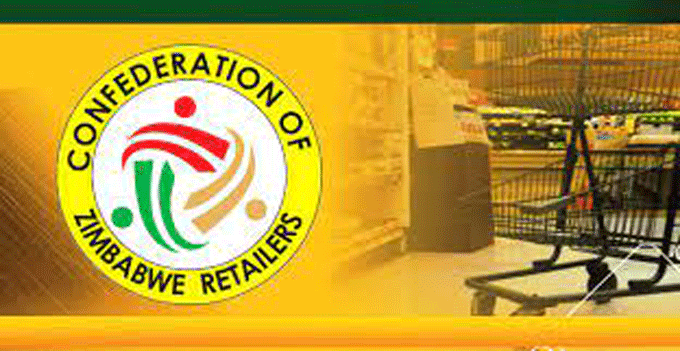The Confederation of Zimbabwe Retailers (CZR) is urging closer collaboration among the government, regulators, and key stakeholders to tackle ongoing challenges in the retail and wholesale sectors. They warn that the current situation is unsustainable, risking further business closures and economic stagnation.
CZR emphasizes the importance of constructive dialogue to enhance the sector’s contribution to Zimbabwe’s economy. They stress the need for a fair business environment rather than special treatment, highlighting the necessity of a level playing field within the multi-currency system.
They specifically call for the liberalization of the exchange rate to align with market conditions, which would facilitate fair pricing of goods. Although the central bank recently relaxed the exchange rate, additional measures are needed to stabilize the domestic currency and increase the number of active sellers in the market.
ALSO READ: Harare Passport Office in Hot Water As Cameroonians Caught with Fake Zimbabwean IDs
CZR points out that businesses are struggling due to the disparity between the cost of goods sourced in US dollars and the selling price in Zimbabwean Gold (ZiG), leading to reduced profit margins. This pricing distortion negatively impacts both businesses and consumers.
The central bank has injected funds to address the forex demand affecting the local currency, but CZR urges manufacturers and distributors to prioritize formal sales channels to create a more accountable supply chain.
CZR also highlights the need for equal regulatory standards for both formal and informal sectors to ensure fair competition. They note that the fluctuating exchange rate is a primary driver of price increases, affecting retailers’ operational costs.
With some major retail chains already closing due to the challenging environment, CZR warns that without immediate government intervention, the future of the sector looks grim. They propose several solutions, including further exchange rate liberalization, fuel provisions in ZiG, and reopening borders for importing essential goods.

For comments, Feedback and Opinions do get in touch with our editor on WhatsApp: +44 7949 297606.
